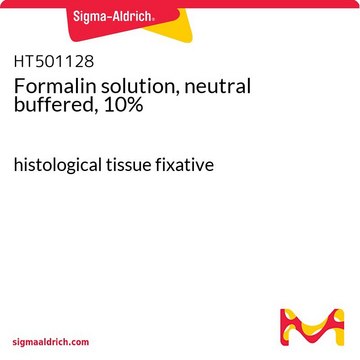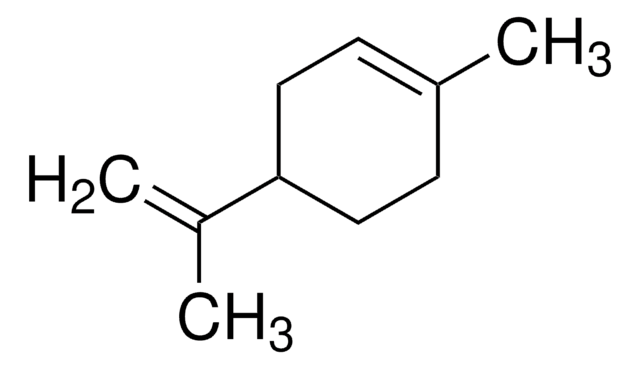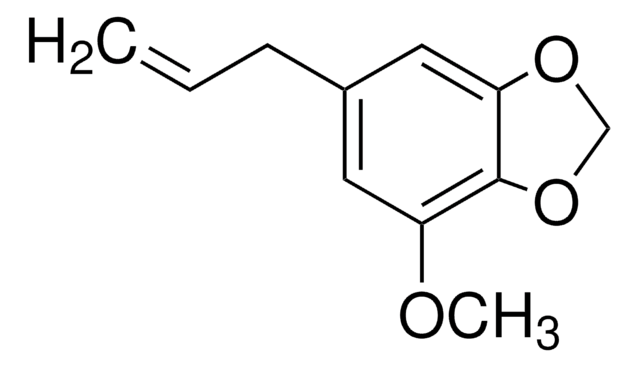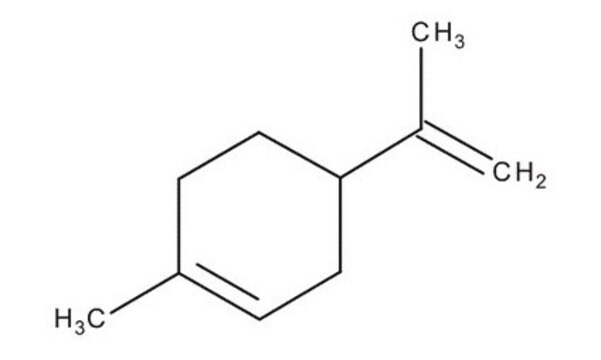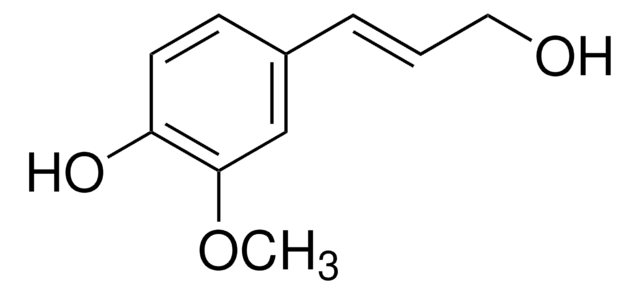W246830
Isoeugenol
natural, 99%, FG
Synonym(s):
2-Methoxy-4-propenylphenol
About This Item
Recommended Products
biological source
Betel leaf oil
Quality Level
grade
FG
Fragrance grade
Halal
Kosher
natural
Agency
follows IFRA guidelines
reg. compliance
EU Regulation 1223/2009
EU Regulation 1334/2008 & 178/2002
FDA 21 CFR 117
vapor density
>1 (vs air)
vapor pressure
<0.01 mmHg ( 20 °C)
Assay
99%
composition
contains IFRA and EU 1223/2009 restricted Isoeugenol
refractive index
n20/D 1.575 (lit.)
bp
132 °C/10 mmHg (lit.)
density
1.083 g/mL at 25 °C
application(s)
flavors and fragrances
Documentation
see Safety & Documentation for available documents
food allergen
no known allergens
fragrance allergen
isoeugenol
Organoleptic
clove; woody; spicy; smoky; sweet
SMILES string
OC1=CC=C(/C=C/C)C=C1OC
InChI
1S/C10H12O2/c1-3-4-8-5-6-9(11)10(7-8)12-2/h3-7,11H,1-2H3/b4-3+
InChI key
BJIOGJUNALELMI-ONEGZZNKSA-N
Looking for similar products? Visit Product Comparison Guide
Related Categories
General description
Application
Signal Word
Warning
Hazard Statements
Precautionary Statements
Hazard Classifications
Acute Tox. 4 Dermal - Acute Tox. 4 Oral - Eye Irrit. 2 - Skin Irrit. 2 - Skin Sens. 1A - STOT SE 3
Target Organs
Respiratory system
Storage Class Code
10 - Combustible liquids
WGK
WGK 2
Flash Point(F)
233.6 °F - closed cup
Flash Point(C)
112 °C - closed cup
Choose from one of the most recent versions:
Already Own This Product?
Find documentation for the products that you have recently purchased in the Document Library.
Customers Also Viewed
Our team of scientists has experience in all areas of research including Life Science, Material Science, Chemical Synthesis, Chromatography, Analytical and many others.
Contact Technical Service

